Thinking about adding a pond to your landscape or investing more in what you already have? Trying to decide the which is the best pond fish for outdoor ponds? If you’re thinking about adding more fish to your pond, we advise you wait until your pond has been eating for a few weeks or late spring. This allows your fish to have an effective immune response should something come in with your new fish. But you were planning on quarantining any new additions for 4-6 weeks, right? Just because you purchase your fish from a “reputable dealer” does not mean your fish is guaranteed healthy!
Best Outdoor Pond Fish Recommendations
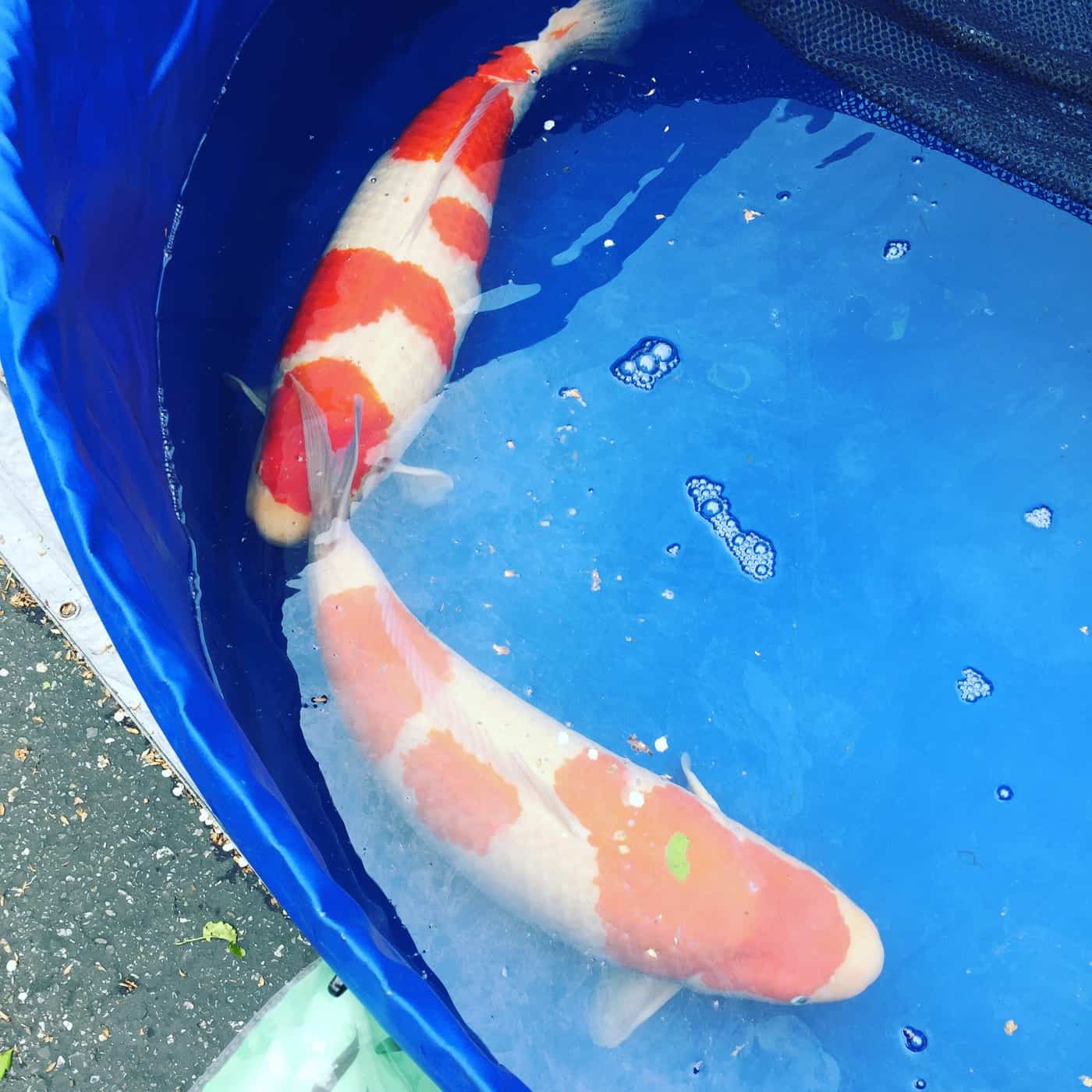
Koi
Descendants of the common carp, koi excellent pond fish and are made for outdoor living. They can tolerate a wide range of temperatures and are very hardy fish. The biggest problem with koi is that those cute 5-7″ babies can top out to over 2′! Make sure you have enough room in your pond for those babies to grow into behemoths.
Koi come in lots of colors and various fin lengths. Traditional colors, such as those found in the gosanke, typically carry a higher price tag. But a higher price tag does not guarantee anything about the health of your fish. Choose fish that you enjoy, regardless of their value. Long-fin varieties of koi, typically called “butterfly koi,” can be found in almost all color varieties. With their longer fins, they are more prone to getting snagged on any sharp edges in your pond, which can cause fins to scar down. Given how active koi can be, it is rare for our service to see many pristine long-fin koi.
There are also varieties of koi that have been bred without scales. Known as “doitsu” koi, these are a German variety of koi that usually only have scales along their dorsal ridge and lateral line. There are no additional health concerns with these fish, other than they are known to lose scales from time to time. When this happens, without the other overlapping scales to protect them, missing scales can often look like huge holes in the sides of your fish! But not to worry. Provided your fish is healthy otherwise, these missing scale holes will heal over completely.
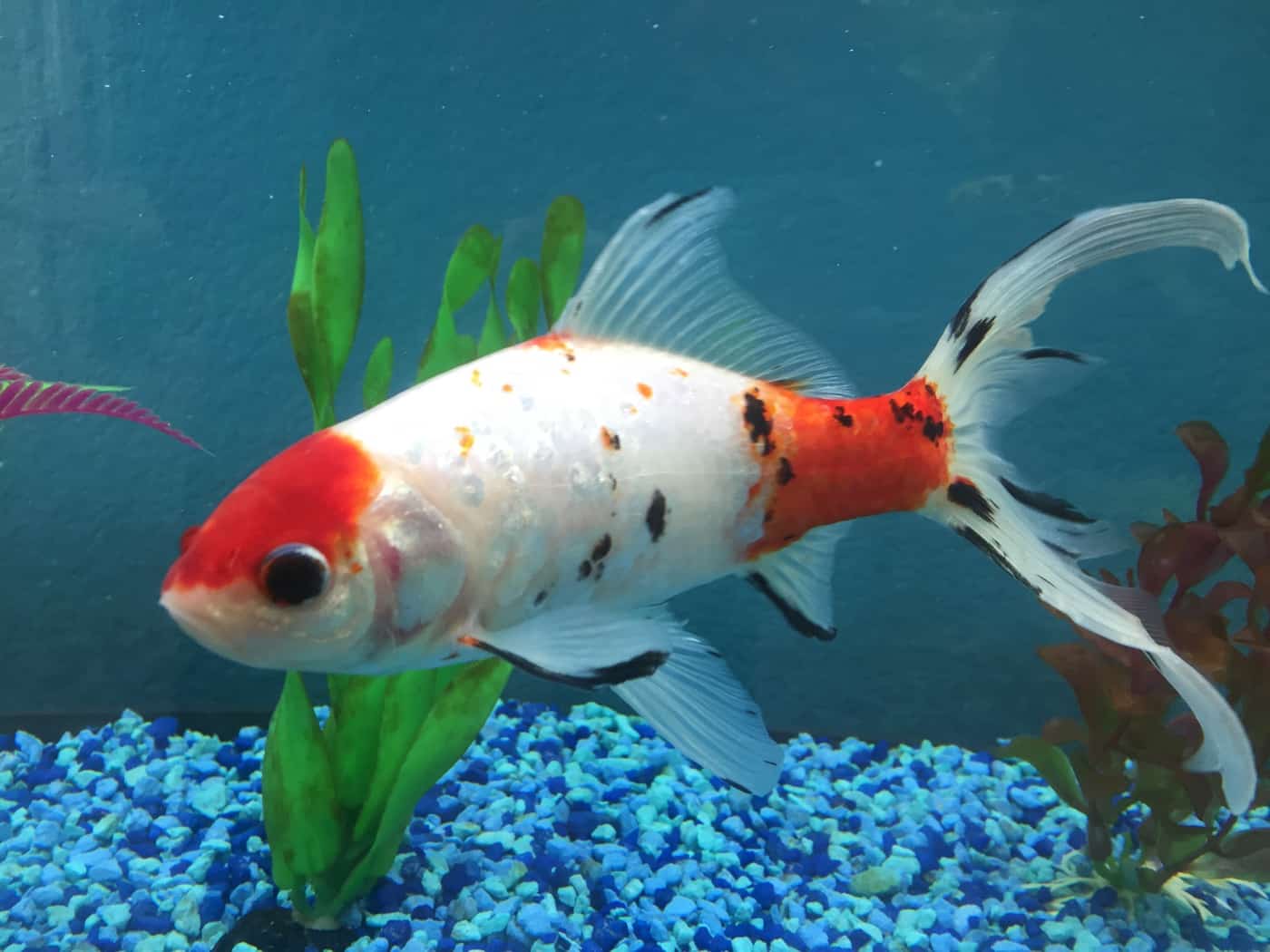
Goldfish
Just like breeds of dogs, there are may breeds of goldfish. The ones that make a good living as outdoor pond fish are the long-bodied, non-fancy varieties, commonly known as comets. Sarasas and shubunkins retain good swimming ability, but are usually overbred. In a pond, you can expect your goldfish to grow very large. Even kept inside, goldfish can grow roughly the size of a small dog.
Like their koi carp cousins, goldfish can come in a variety of colors. Traditional comet goldfish tend to be white, orange or black/brown. And these colors may change as your fish get older, changes in the diet or water chemistry. Shubunkins are known for their calico pattern, a mix of black, blue, white and sometimes red or orange. If you cross breed any of these long-bodied individuals, you will be amazed by the color variations you see!
Hi-Fin Sharks
A newer arrival to the pond scene, High-Fin Sharks (Myxocyprinus asiaticus) are carp cousins to the koi and goldfish. Although they may start with white and black bands, adults typically take on an all-black appearance, which may or may not fit your pond aesthetic. Although marketed as “algae eaters,” these fish are omnivores, like koi and goldfish, so will require a complete pelleted diet for optimal health. They are bottom-dwelling fish, so you will need to incorporate sinking pellets in order to ensure they get enough nutrition.
Caution Fish for Outdoor Ponds
Catfish
“It’s all fun and games until somebody loses their head.” To start out, catfish can tolerate a wide range of outdoor temperatures, so they can be kept in fluctuating outdoor ponds. They are mostly easy going, until they’re not. They are easily seduced to eating small fish and we have seen them bite fish in half larger than themselves. We strongly caution against keeping catfish with fish who cannot defend themselves, like koi and goldfish. The catfish’s diet is similar to koi and goldfish, so they can share… nicely.
Sturgeon
Yes, the kind that makes caviar. Some pond owners like the look of these prehistoric fish thrown in the mix. However, the biggest issue with sturgeon is temperature. They like it cold! Too warm for them is in the mid to upper 60s F (>18C). If you have a nice shady pond, they will do okay. But just like their koi friends, sturgeon can grow VERY BIG!!
Never use these fish for outdoor ponds
Plecos
You want an algae eater? There aren’t any good ones for outdoor ponds. Grab that rake and get to work! Plecostomous spp., commonly known as plecos, are tropical fish and therefore, not suited to outdoor ponds. Many owners will throw some in and assume the can’t see them due to their coloration. Sorry folks, but they’re dead. Keep them in an indoor heated tank!
Fancy Goldfish
For those of you who haven’t heard my rant against fancy goldfish, don’t make their lives harder by expecting them to swim around a pond. I’ve only seen this work ONCE and it was a tiny, heated outdoor pond. Their poor little smashed bodies and long fins makes it hard for them to swim in general. Don’t make them swim multiple football fields or expect to easily evade predators in a pond.
Any Saltwater Fish
If you put a saltwater fish in a freshwater pond, it will die and vice versa. Never “release” your indoor saltwater pets into a larger outdoor pond. If you have the money and resources to keep a large outdoor saltwater pond, pay special attention to any changes in water chemistry, especially pH and salinity, from rain additions.
Any Tropical Fish
Tropical = heated. If you want to have a heated, outdoor pond, move somewhere tropical. Tiny, bright fish make great predator snacks! (Please don’t do that!)
Fish You Found in the River
No, no, just no! Wild caught fish do not do well in captivity unless you have a giant system, endless filtration and a well established trophic pyramid i.e. a public aquarium. Yes, it’s a fun “experiment” for kids in the summer, but don’t do that to your wild fish. Wild fish are swimming with disease and parasites that a wild environment allows them to cope with. Putting them in an artificial system is just setting them up for death. If you mix them with captive fish, you are condemning them too.
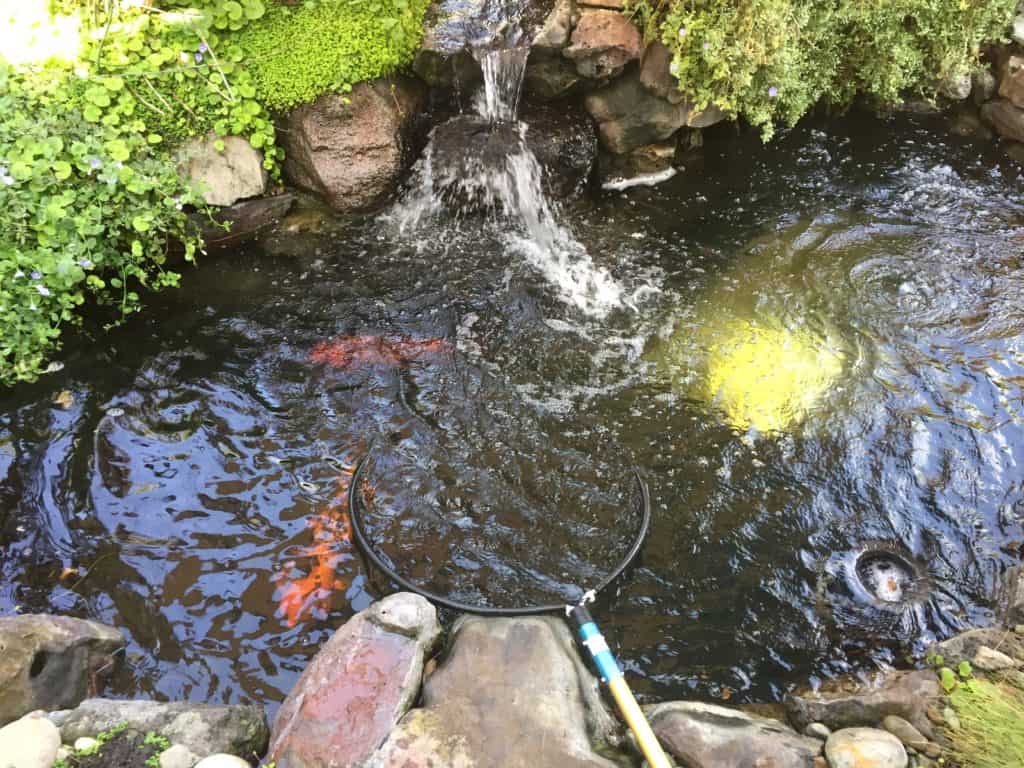
Other Articles You Might Like
- Best Substrate for Outdoor Fish Ponds
- Top 5 Most Common Problems with Koi Ponds
- Barley Straw in Koi Ponds – What’s it all about?


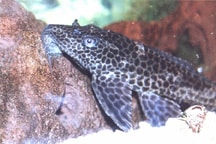
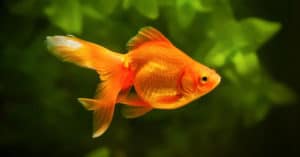
Pingback: DIY: How To Keep Your Pond Looking Clean
I have a few goldfish and 2 common koi fish in a 150 gallon tank I was planning to make a pond in my back yard because I love koi and gold fish color but in this time in my life I am no longer able to care for them. I clean and feed them properly but I would like them to have enough space to swim and enjoy there life. does anyone Know a place that I could donate them or properly rehome them into a bigger pond I do not want to harm or let them go without knowing it is okay and that they will be okay as well
We recommend you visit https://www.akca.org/ to find a koi club near you who may be able to help you out.
Hi, Where do you live? I have a nice pond and would love to care for them. I’m in California. R6yuriperez@aol.com
Pingback: How to Make the Most Out of Your Garden - Cognovision
I have a patio pond, holds about 30 gallons of water. I have four beautiful blue guppies in it right now. I like to add one or two smallest koi fish (about 2″ long). Will the Koi eat guppies?
Yes, koi will eat the guppies. However, guppies need heat and should not be kept outside.
koi tend to eat smaller fish so probably yes, also adult koi grow pretty big I’d say the minimum gallons they need is 250 us gal.
Could I keep trout or blue gill in a pond? How deep does it have to be? I like Koi, but would like something different.
These fish have different water quality and space requirements. Both like cold water with lots of room to swim. Most koi ponds are too shallow and too small for these species.
Pingback: Can Water Features Bring Value to You and Your Home? - 2021
Pingback: Where can i buy pond fish - Taunt On Water
Pingback: Check Out The Best Ways To Keep Your Pond Looking Fresh - Mom always knows
Do snails have any function in a large pond. I’ve got Goldfish and other compatible fish. They eat anything, but to keep the water somewhat cleaner do snails help?
You would have to have a very large snail population in order to help clean your pond. But, I bet your goldfish would not allow the population to get to that size!
I have to ask what about in south Florida? It can get into the 90s in the summer and maybe down to 40 or 50 a few days a year and I have seen it down in the 20s. Would gold fish still be a good choice? What about Betas? Just wondering.
For an outdoor pond, goldfish would be just fine. Bettas would not be a good choice. If the water gets too hot, here are our tips for keeping fish cool: https://cafishvet.com/fish-care/how-to-keep-your-fish-cool/
Pingback: Essential Elements of a Backyard Water Garden: Zen on a Budget | Skill Success Blog
well done very nice also a good work thanks for sharing
well done very nice thanks for sharing
welldone very nice thanks for sharing